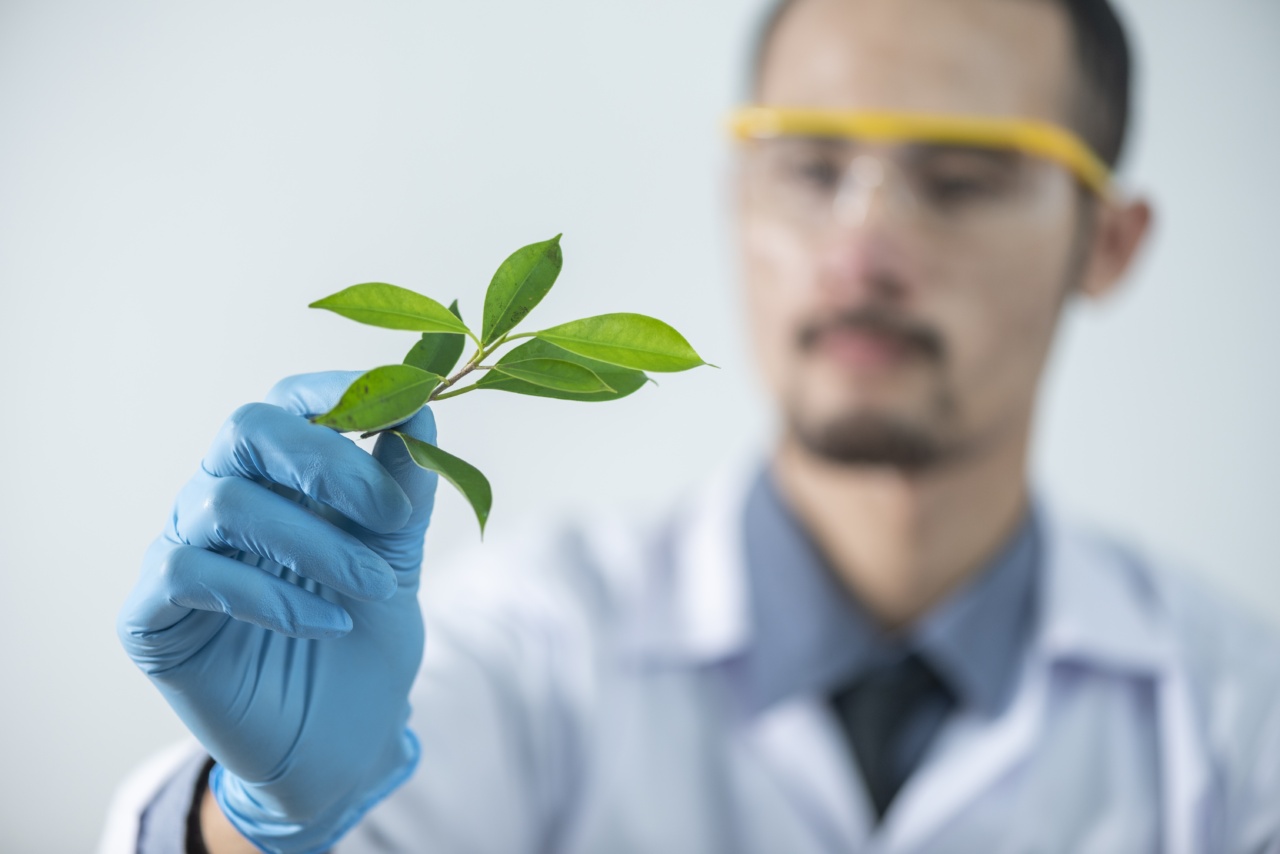The organic food industry has been growing rapidly over the years due to increasing awareness towards healthy eating and living. It is not surprising to see that more people are willing to pay higher prices for organic products.
However, there is an ongoing debate among experts about the benefits of organic products as opposed to conventional products. While some experts support the organic movement, others criticize it. This article explores the different perspectives of experts on the benefits of organic products.
What is Organic Food?
Organic food refers to products that are grown, processed, and packaged without the use of synthetic chemical fertilizers or pesticides. The use of genetically modified organisms (GMOs) is also prohibited in the production of organic food.
Organic products are usually perceived to be healthier and of higher quality than conventional products that contain synthetic chemicals.
Pros of Organic Food
One of the main benefits of organic food is that it is perceived to be healthier and safer for human consumption than conventional food. Organic food is free from synthetic chemicals and toxins that are harmful to human health.
Studies have shown that consuming organic food can reduce the risk of chronic diseases such as cancer, diabetes, and heart disease. The use of pesticides and fertilizers in conventional farming has been linked to various health problems and environmental degradation.
Organic farming practices are also beneficial to the environment. Organic farming uses sustainable practices that protect the soil, water, and air quality. Organic farming also promotes biodiversity, which is essential for protecting the ecosystem.
Organic farming practices do not involve the use of synthetic fertilizers and pesticides that are harmful to the environment.
Cons of Organic Food
One of the main criticisms of organic food is that it is expensive compared to conventional food. Organic farming practices are more labor-intensive and require more resources than conventional farming practices.
This leads to higher prices of organic products, which makes them inaccessible to low-income families. Another criticism is that organic food has lower yields than conventional food, which means that more land is required to produce the same amount of food.
Another issue with organic farming is that it is not always sustainable. Organic farming practices such as crop rotation and composting can be unsustainable in areas with water scarcity.
Organic farming also requires more land to produce the same amount of food as conventional farming, which can lead to deforestation and habitat loss.
Expert Views on Organic Food
Pro-Organic Experts
According to proponents of organic food, organic farming practices are essential for promoting human health and environmental sustainability.
Proponents argue that organic food is healthier and safer for human consumption than conventional food because it is free from synthetic chemicals and toxins that are harmful to human health. Organic food also provides essential nutrients that are beneficial for overall health. Organic farming practices can also promote biodiversity and protect the ecosystem by reducing soil erosion and improving water quality.
Proponents of organic food argue that organic farming practices are sustainable and promote environmental sustainability. Organic farming practices use less water, energy, and other resources than conventional farming practices.
Organic farming helps to conserve soil fertility, prevent soil erosion, and protect biodiversity. Organic farming also reduces greenhouse gas emissions and helps to mitigate climate change.
Anti-Organic Experts
The opponents of organic food argue that organic farming practices are not sustainable and may not be better than conventional farming practices.
Critics of organic food argue that organic farming practices are more labor-intensive and require more resources than conventional farming practices. This leads to higher prices of organic products, making them inaccessible to low-income families. Opponents of organic food also argue that organic farming practices are not always sustainable, especially in areas with water scarcity.
Organic farming requires more land to produce the same amount of food as conventional farming, which can lead to deforestation and habitat loss.
Critics of organic food argue that there is no scientific evidence to support the claim that organic food is healthier or safer than conventional food.
Studies have shown that there is no significant nutritional difference between organic and non-organic food. Critics also argue that organic farming practices are not scalable and cannot feed the growing global population.
Organic farming practices have lower yields than conventional farming practices, which means that more land is required to produce the same amount of food.
Conclusion
The debate about the benefits of organic food is ongoing and controversial.
While proponents of organic food argue that it is better for human health and the environment, critics argue that organic farming practices are not always sustainable and may not be better than conventional farming practices. It is essential to weigh the pros and cons of organic food and make informed decisions about what to consume.
Consumers must also consider the cost and accessibility of organic products and make choices that promote both personal and environmental health.


























